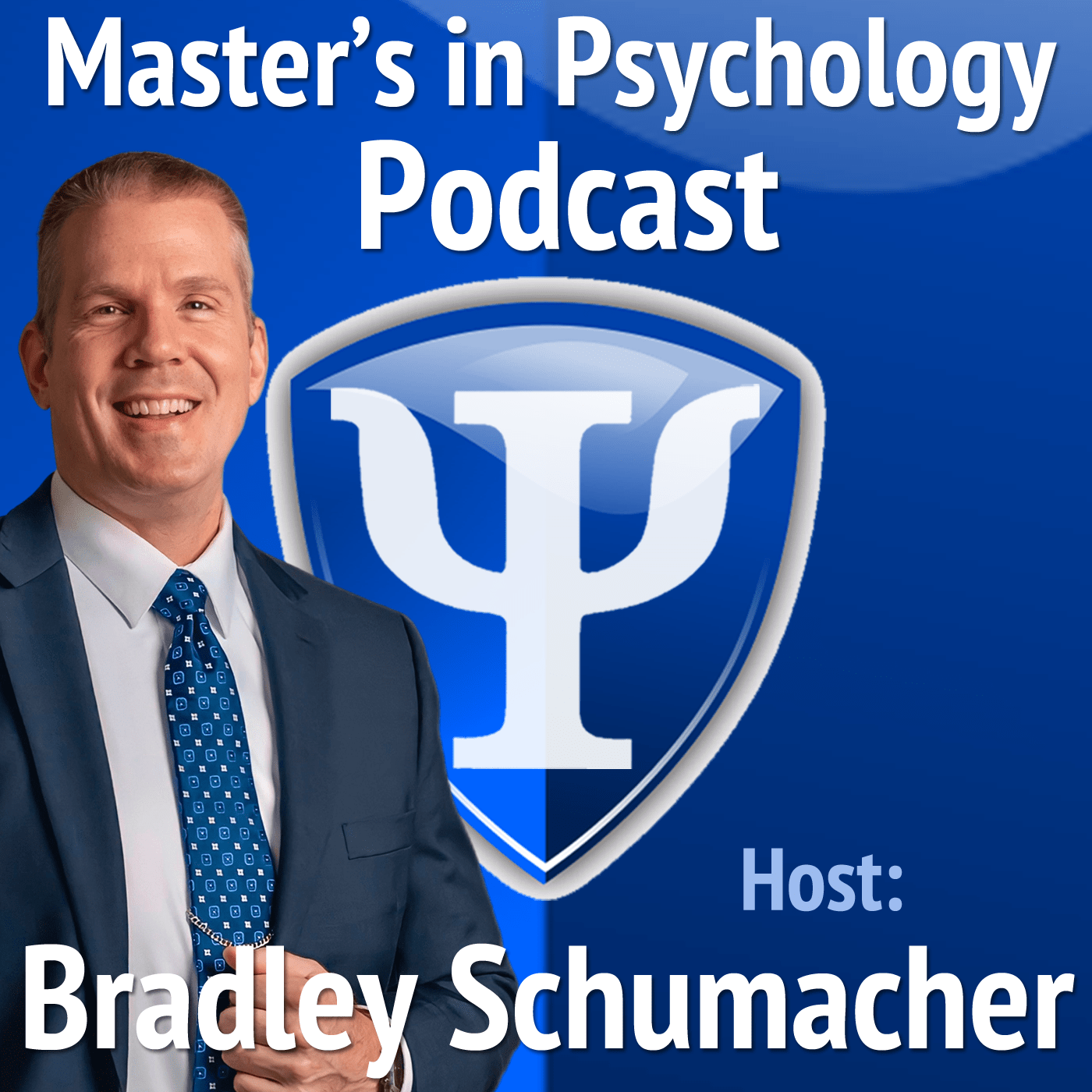- After-Shows
- Alternative
- Animals
- Animation
- Arts
- Astronomy
- Automotive
- Aviation
- Baseball
- Basketball
- Beauty
- Books
- Buddhism
- Business
- Careers
- Chemistry
- Christianity
- Climate
- Comedy
- Commentary
- Courses
- Crafts
- Cricket
- Cryptocurrency
- Culture
- Daily
- Design
- Documentary
- Drama
- Earth
- Education
- Entertainment
- Entrepreneurship
- Family
- Fantasy
- Fashion
- Fiction
- Film
- Fitness
- Food
- Football
- Games
- Garden
- Golf
- Government
- Health
- Hinduism
- History
- Hobbies
- Hockey
- Home
- How-To
- Improv
- Interviews
- Investing
- Islam
- Journals
- Judaism
- Kids
- Language
- Learning
- Leisure
- Life
- Management
- Manga
- Marketing
- Mathematics
- Medicine
- Mental
- Music
- Natural
- Nature
- News
- Non-Profit
- Nutrition
- Parenting
- Performing
- Personal
- Pets
- Philosophy
- Physics
- Places
- Politics
- Relationships
- Religion
- Reviews
- Role-Playing
- Rugby
- Running
- Science
- Self-Improvement
- Sexuality
- Soccer
- Social
- Society
- Spirituality
- Sports
- Stand-Up
- Stories
- Swimming
- TV
- Tabletop
- Technology
- Tennis
- Travel
- True Crime
- Episode-Games
- Visual
- Volleyball
- Weather
- Wilderness
- Wrestling
- Other
57: Roxy Manning, PhD – Clinical Psychologist and Certified Center for Nonviolent Communication (CNVC) Trainer Shares her Passion, Advice, and New Books
Can one person leverage the power of Nonviolent Communication (NVC) and the power of authentic dialogue to create a more just, equitable world? A world in which a person can be both fierce and compassionate while directly challenging racist speech or actions without shaming the other person? In this podcast, Dr. Roxy Manning, a clinical psychologist, and certified Center for Nonviolent Communication (CNVC) trainer, shares her journey and passion for nonviolent social justice. She also discusses her two new books that help people learn about their own implicit biases, how to engage in antiracist conversations, and the power of authentic dialogue. Dr. Roxy Manning originally thought that she was going to be a medical doctor. Then, when attending Howard University, an historically black college in Washington, DC, she realized that she disliked chemistry, so she eventually transferred to the City College of New York where she had five different majors before realizing that psychology was something that she found “really intriguing and interesting.” After receiving her bachelor’s in psychology, Dr. Manning attended Binghamton University in NY where she earned her PhD in Clinical Psychology. She had her first child while in graduate school and shares a brief story about that experience. She states, “my dissertation adviser, who really was quite amazing, gave me this little, tiny room in the lab where I could put a little play pen and he came with me to campus like almost every day.” After having her third child, Dr. Manning took a break and stayed home and that is when she started a very small private practice where she could see a few clients. During this time, she also learned about Nonviolent Communication, “So, I started doing a lot of training and education in that and started merging those two fields, king of bringing all the things I knew from psychology with working with people individually with nonviolent communication, and then working with organizations.” Dr. Manning is a certified Center for Nonviolent Communication (CNVC) trainer and integrated NVC into her psychotherapy practice since 2003 and has been offering classes and workshops in NVC since 2005. Throughout our discussion, Dr. Manning openly shares her journey, experiences, and advice not only to those interested in the field of psychology but also to those who want to learn more about their own biases and how to engage in antiracist conversations. Dr. Manning discusses her two forthcoming books. In the first book, How to Have Antiracist Conversations, Dr. Manning provides a new way to conceive of antiracist conversations, along with practical tools and frameworks that make them possible. Her work is grounded in the idea of Beloved Community, as articulated by Dr. Martin Luther King, Jr., as a goal to aspire to and even experience now, in the present, when we give up on the transformative power of human connection within ourselves, with potential allies, and with those who words and actions create harm. In the second book, The Antiracist Heart, Dr. Roxy Manning and Sarah Peyton explain the neuroscience behind concepts such as privilege and its impact on the brain, disgust and coded language, and microaggressions and provide specific exercises and skill sets designed to rewire the brain, in order to unravel implicit bias. Implicit biases begin forming before we have language and are deeply rooted in the subconscious. By combining neuroscience, introspection, and self-compassion, one can disrupt unconscious patterns. During our discussion, Dr. Manning delineates between a “conversation” and “authentic dialogue.” She states, “I think of conversations as we’re kind of sharing information, I might be wanting to let you know about my point of view, but that’s it. When I think about dialogue, I’m thinking about I’m actually sharing honestly and vulnerably my experience inviting you to share yours with the idea that we can be moved,

